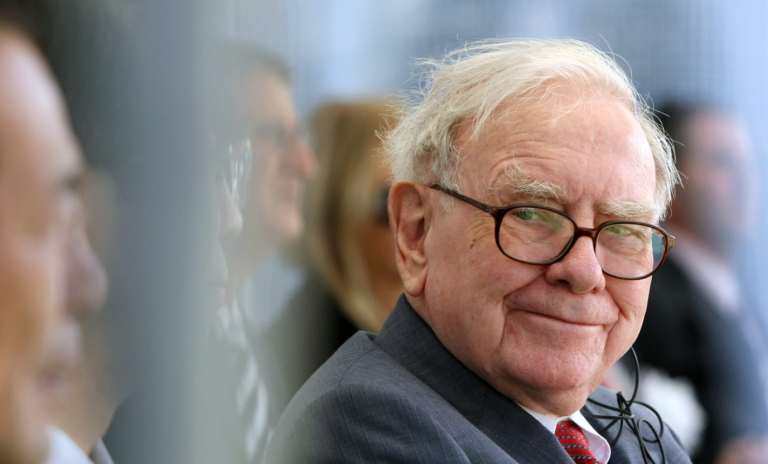Mitsubishi’s shares soared to an all-time high on Wednesday following the announcement of a significant buyback plan worth $3.4 billion, backed by Warren Buffett.
According to a Financial Times report, the Japanese conglomerate unveiled its intention to repurchase up to ¥500 billion ($3.4 billion) in stock on Tuesday, triggering a surge of 9.7% in Tokyo shares, which reached ¥2,782.
This move contributed to Mitsubishi’s shares climbing 23.5% year-to-date.
- Calling it a “monster buyback” that “market participants were not expecting”, Jefferies analyst Thanh Ha Pham said the company had “another ¥500 billion excess cash that it could return to shareholders”.
- “If the company does not find attractive acquisition targets, we think that management would release the excess cash back to shareholders to maintain and improve their capital efficiency, aiming for double-digit [return on equity],” the analyst said.
Pressure on companies to improve their market valuations
Activist investors have been increasing pressure on companies to improve their market valuations, drive better governance and boost share buybacks.
The Tokyo Stock Exchange has called on companies to address low valuations through a “name and shame” list that highlights those resisting reform.
The pressure is yielding results. Listed Japanese companies announced a record ¥9.9 trillion of combined share buybacks in 2023, according to an analysis by Jefferies.
According to the report, Mitsubishi’s share price rally is a boon for Buffett’s Berkshire Hathaway, which has bet on Japan’s five biggest trading houses — century-old commodities specialists increasingly operating as global venture capital and private equity businesses.
Buffett first invested in Mitsui, Mitsubishi, Sumitomo, Marubeni and Itochu in 2020 and has since increased his stakes so that Berkshire now holds about 8% in each of them.
Mitsubishi’s shares have roughly tripled in value since Berkshire Hathaway’s buy-in.
$3.3 billion tender offer
Mitsubishi also said on Tuesday that it had agreed to launch a $3.3 billion tender offer with mobile carrier KDDI for convenience store chain Lawson.
The trading house, which already owns half of Lawson, is betting that deepening labour shortages will change how the nation shops.
Lawson, Japan’s third-largest convenience store chain by number of shops after Seven & i Holdings and FamilyMart, has agreed to the offer.
What you should know
Warren Buffett buys companies with solid business models that are not fully appreciated. In other words, companies that appear cheap.
According to the report, Japan’s five major trading houses — Mitsubishi Corp, Mitsui & Co, Sumitomo, Itochu and Marubeni — fit the bill in terms of being cheaply valued, having been hit hard by the global pandemic and collapse in commodity prices earlier this year.
The Sage of Omaha has disclosed a $6.3 billion investment in the quintet and signalled he will upsize it.
In the context of Berkshire’s $150 billion pile of cash and an overall equity portfolio north of $200 billion, led by a chunky stake in Apple, the foray into Japan is not going to move the needle, but it does send an interesting message.
At a time when US technology company valuations are skyrocketing and their stocks can suddenly surge on next to no news, and banks — another Buffett favourite — are held back by rising loan losses and rock bottom interest rates, investors face a more volatile, dislocated and inflationary future.

